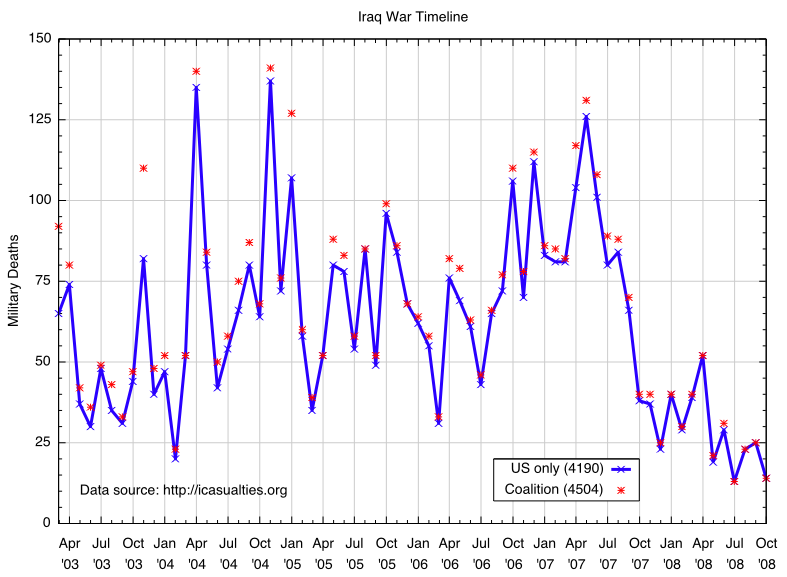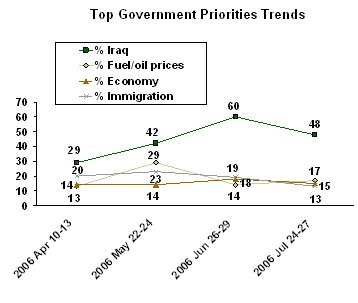


While it is impossible to overstate the importance of making good choices regarding U.S. The Bush administration’s exploitation of war supplementals sets a dangerous precedent for the future and threatens to further weaken the already flawed federal budgeting process. Six and a half years later, however, this is no longer a legitimate justification. Using supplementals during the early years of these conflicts made sense because exact requirements were largely unknown and there was no baseline from which to derive estimates for the year ahead. The Bush administration, however, continues to finance ongoing military operations in Iraq and Afghanistan through the supplemental process. As soon as even a partial projection of costs could be made, usually within a year or two at most, ongoing military operations were funded through normal Pentagon appropriations bills. A June 2006 Congressional Research Service study concluded that during conflicts of the past 60 years, supplemental funding was used only initially to finance U.S. Since 2001, the ongoing use of supplementals by the Bush administration to finance military deployments abroad has risen to historically unprecedented levels. About 50% of total supplemental funding from 1997 to 2006 went to defense-related emergencies, whereas natural disasters received 28%, antiterrorism and other post-9/11 activities received 16%, and international humanitarian assistance received only 3%. In a January 2008 report, the Government Accountability Office reported that from fiscal year 1997 through fiscal year 2006, supplementals provided approximately $612 billion in new gross budget authority, a five-fold increase over the previous 10-year period. The use of supplemental budgeting in general has grown exponentially in the last decade. government the flexibility it needs to meet the emergency needs of America’s citizens. Supplementals play an important function by providing the U.S. military forces abroad, are events that are impossible to forecast and budget for ahead of time, federal law provides mechanisms for funding these unanticipated requirements outside the normal budgetary process through the enactment of special “supplemental” spending packages. Since natural disasters and other emergencies, including the deployment of U.S. It takes more than two years for the White House to develop, and Congress to approve, a budget for each new fiscal year. Colleen Garcia provided research assistance for this report.


 0 kommentar(er)
0 kommentar(er)
